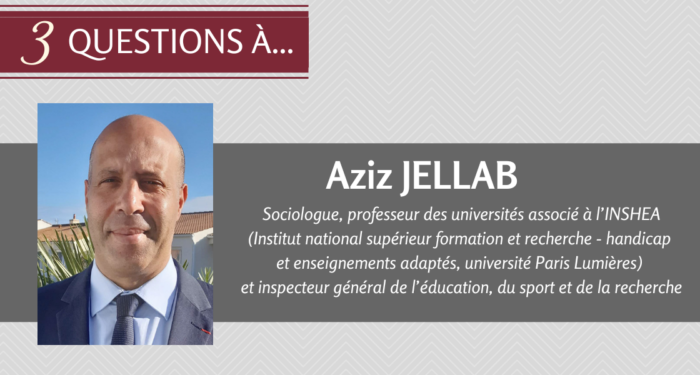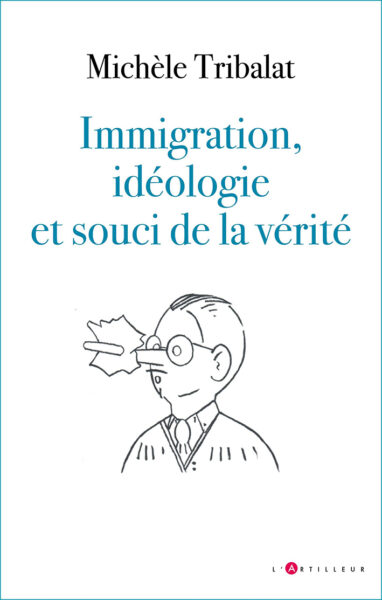In the last issue of Futuribles (431, July-August 2019), Pierre Bréchon presented the first lessons for France from the latest European Values Study (EVS) and stressed the substantial gap that exists between the pessimistic – even alarmist – language of those commenting on surveys on social cohesion, and actual long-term trends in French values. Olivier Galland, also drawing on the results of this latest wave of EVS findings, now arrives at the same conclusion with regard to the argument advanced by Jérôme Fourquet in his latest book, which finds a growing division of French society into various identity-based communities.
Galland examines the three main arguments advanced by Fourquet in support of his thesis that France is becoming an “archipelago”: the move away from Catholicism, the “secession of the elites” and the cultural defection of the working classes. Citing the statistical evidence, he demonstrates that on these various points, things are not quite so simple and that the long-term trends do not corroborate these arguments. Here again, we must beware of reaching over-hasty conclusions that lead us to set social classes too starkly against each other. We must also take account of the convergences on values that exist across the whole of French society.



